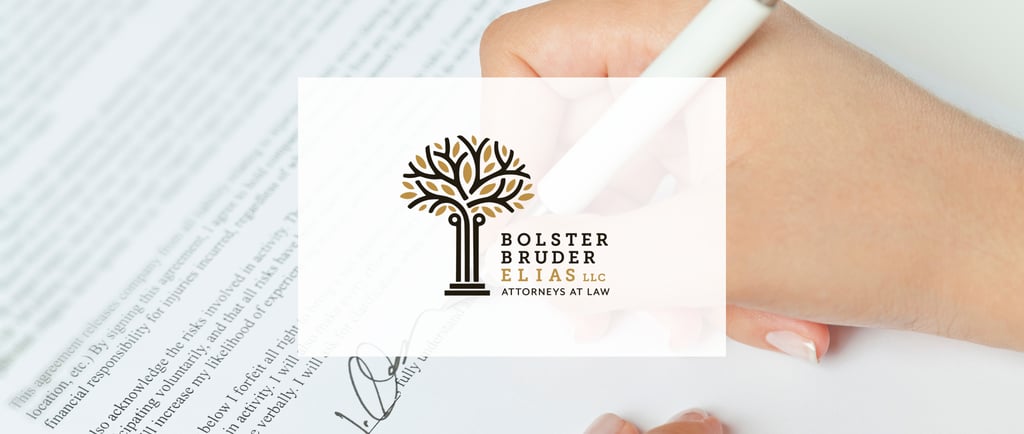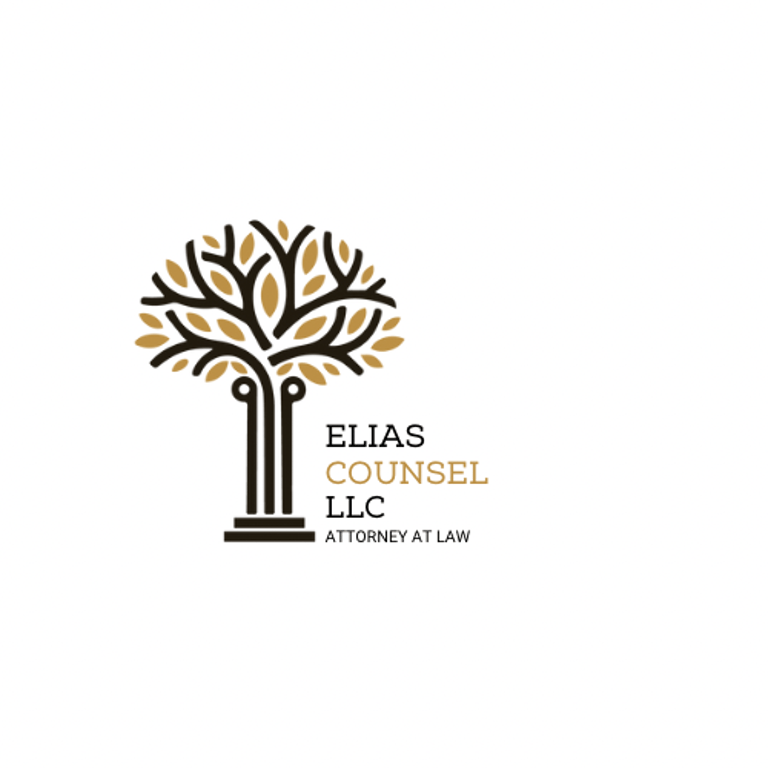Why You Might Not Need a Trust
4/4/20253 min read


What exactly is a trust? A trust is a legal arrangement where one party (called the trustor or grantor) gives another party (called the trustee) the responsibility to manage assets on behalf of a third party (called the beneficiary). The trust document outlines the terms, such as how the assets are managed, distributed, and when they are given to the beneficiaries.
Trusts have an almost mystical reputation. They’re often pitched as the ultimate estate-planning tool—your golden ticket to avoiding probate, slashing taxes, and protecting assets from lawsuits. But here’s the truth: not everyone actually needs one. In some cases, a trust can complicate your life more than it simplifies things.
Let’s break down the common reasons people think they need a trust—and why, in many cases, they really don’t.
Probate in New Jersey Is Not a Nightmare
Let’s start by defining the term probate. Probate is the legal process through which a deceased person's estate is administered and distributed. It involves validating the deceased's will (if there is one), settling debts, paying taxes, and distributing the remaining assets to the beneficiaries or heirs. The process typically occurs in a court, and its duration and complexity can vary depending on the size and nature of the estate.Some states make probate a drawn-out, bureaucratic mess. New Jersey? Not so much. The probate process here is relatively simple and inexpensive, especially if your assets are straightforward.
That said, if you own property in multiple states—say, a beach house in Florida or a ski cabin in Vermont—a trust could help you avoid probate in multiple jurisdictions. But if everything is in New Jersey and your estate is fairly straightforward, a will might do just fine.
Estate Taxes? Not a Concern for Most
There’s a common myth that trusts help you dodge estate taxes. The reality? Most people don’t even have an estate tax problem.
As of early 2025, the federal estate tax exemption is over $13 million per person. If your estate is worth less than that, estate taxes aren’t taking a bite out of your inheritance. New Jersey doesn’t even have an estate tax anymore (though some heirs might face an inheritance tax).
Trusts can help with tax planning for ultra-high-net-worth individuals, but if you’re not in that category, a trust won’t magically save you money.
Irrevocable Trusts: Not for the Control Freaks
Irrevocable trusts are often touted as a way to shield assets from Medicaid. And yes, once assets are inside one, Medicaid generally can’t touch them. But there’s a catch: once you put assets into an irrevocable trust, you can’t just take them back.
For families with special needs individuals or those who are certain they’ll need Medicaid in the future, an irrevocable trust can be useful. However, for most people, the loss of flexibility is a major drawback.
Real Estate and Trusts
Think putting your house in a trust is always a good idea? Not so fast.
First, refinancing a property inside an irrevocable trust is nearly impossible. Most banks won’t approve a mortgage or home equity loan on a house inside one.
Second, there’s the step-up in basis issue. If you pass your home to heirs outside of a trust, they inherit it at its current market value. That means if they sell it right away, they pay little to no capital gains tax. But assets inside some types of trusts don’t get that same benefit—potentially sticking your heirs with a bigger tax bill.
Alternatives That Might Work Better
If avoiding probate is your main goal, a trust is one way to do it—but not the only way.
Life Estate – Lets you live in your home for life, with ownership automatically passing to a beneficiary when you die—no probate necessary.
Joint Ownership – Property held as “joint tenants with right of survivorship” transfers directly to the other owner when you pass.
Beneficiary Designations – Many assets, like retirement accounts, life insurance, and even some bank accounts, can skip probate entirely if you name beneficiaries properly.
The Bottom Line
A trust can be a powerful tool—but it’s not a universal requirement. If you’re considering one, it’s worth talking to an attorney who understands your specific needs—not just someone who wants to sell you a one-size-fits-all solution.
At Bolster Bruder Elias, LLC, we believe estate planning should be practical, not overcomplicated. Call us at 609-655-3200, and let’s make sure you’re setting up the right plan for your future.
Elias Counsel LLC
Preserving wealth and well-being for our community.
REACH OUT
info@adameliaslaw.com
© 2025. All rights reserved.
